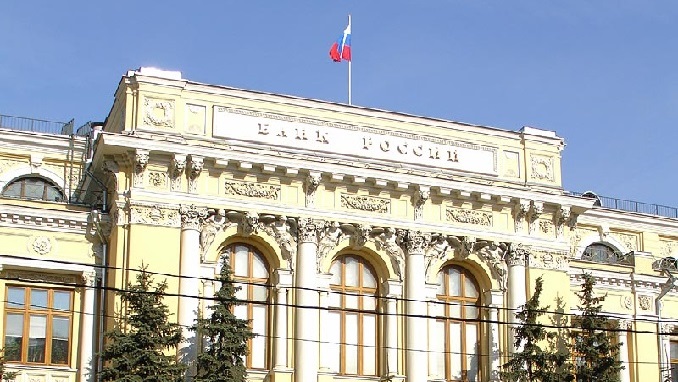The Bank of Russia will act to cool the country’s booming mortgage market, since it is worried about possible housing bubble, bne Intellinews reports.
The regulator issued a warning to banks saying that the growing number of loans could be causing real estate prices to rise, which causes a feedback loop that will encourage more borrowing, the report says.
Some market participants think the regulator is being overly cautious.
Consumer debt has been ballooning in general in the last two years as Russians turn to bank loans to maintain their lifestyle in the face of stagnant real income growth. More worryingly, punters are also taking loans to refinance their old debt.
Analysts quoted by Vedomosti say the Bank of Russia has once again proved itself as one of the most conservative monetary regulators in the world and is actively trying to cool all this consumer lending activity, although they say that the regulator may be overly cautious.
The amount of overdue mortgage loans has remained consistently around 2.1% of total loans extended, despite the rapid growth in the volumes of loans issued as well as the increase in the average size of the loans: the average loan size has been increasing by $1,500 every year for the last five years to the current 2 million rubles ($27,365).
Other experts say the central bank’s risk assessment is on point.
“The risks of a credit spiral really exist, and this is not one, but two threats: first, a sharp correction and a collapse in prices may follow the rise in housing prices – the spiral ends sooner or later. And this may affect the entire construction sector, which is investing in the construction of new housing in the expectation of further growth in demand,” says Vladimir Tikhomirov, chief economist at BCS Global Markets.
“There will be macroeconomic consequences: this will adversely affect the GDP, although housing construction is not a significant share in it. Second, people, expecting a rise in prices for real estate will take loans, not fully calculating their strength. This may result in an increase in arrears. In addition, this will lead to a decrease in demand in the consumer sector: the population will send money towards mortgage debt, and not to purchase goods,” the analyst said.












